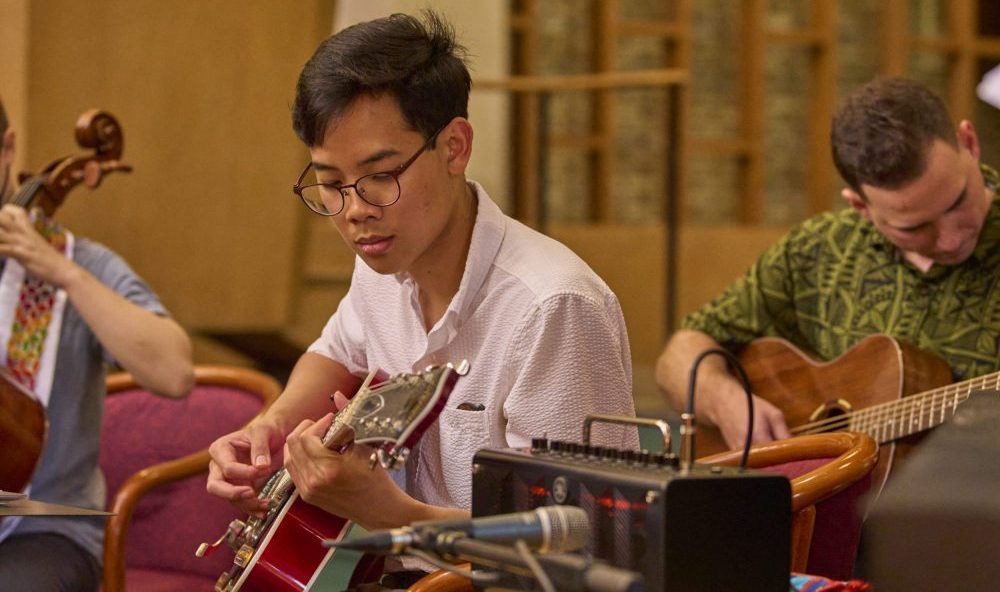What are Concentrations?
Concentrations aim to prepare students to be service oriented for religious leadership that is contextually focused; socially engaged, spiritually formed; and culturally literate.
The Master of Divinity degree and the Concentration track of the Master of Theological Studies degree require students to select a concentration option based on vocational interests. Students may elect to choose an additional concentration should their schedule permit.
How Concentrations at VDS Work
Concentrations are comprised of 12 credit hours including a praxis-oriented course or experience. This latter requirement may be met by field education or, in some concentrations, courses specified by its Concentration Steering Committee. Students can also count the courses that fulfill certain concentrations toward one of VDS' certificate programs, as specified below.
Each Concentration Steering Committee is comprised of an interdisciplinary group of at least three faculty members who serve as the advisers for the concentration. The Concentration Convener coordinates the steering committee, course projections, and bi-annual student/faculty conversations.

Curricular Values
- Vocationally relevant. Students are provided an opportunity to engage their vocational interests and sense of call, develop religious leadership capacities and deepen the knowledge needed to critically, thoughtfully, and creatively engage in ministry in all its forms.
- Integrates theory and praxis. Students are prepared for transformative leadership in faith communities and the broader society.
- Interdisciplinary. Concentrations are comprised of courses selected from across the curriculum. The interdisciplinary foci of the concentration strengthen students' capacity to make the connection between disciplines in the curriculum and the practice of ministry.
- Intersectional in content and analysis. The intersectional lens of the concentrations help students become cognizant of the social factors that shape experience in society. Students learn critical social analysis and religious reflection that informs transformative responses in the embodiment of vocation.
- Infused with VDS commitments. Concentrations are a linchpin between the curriculum and our communal life.
Concentrations:
- Black Religion and Culture Studies
- Chaplaincy
- Global Christianities and Interreligious Encounter
- Mediterranean and Near Eastern Studies
- Pastoral and Prophetic Congregational Leadership (MDiv only)
- Prison and Carceral Studies
- Religion and the Arts
- Religion, Gender, and Sexuality
- Spirituality and Social Activism
- Religion and Economic Justice
